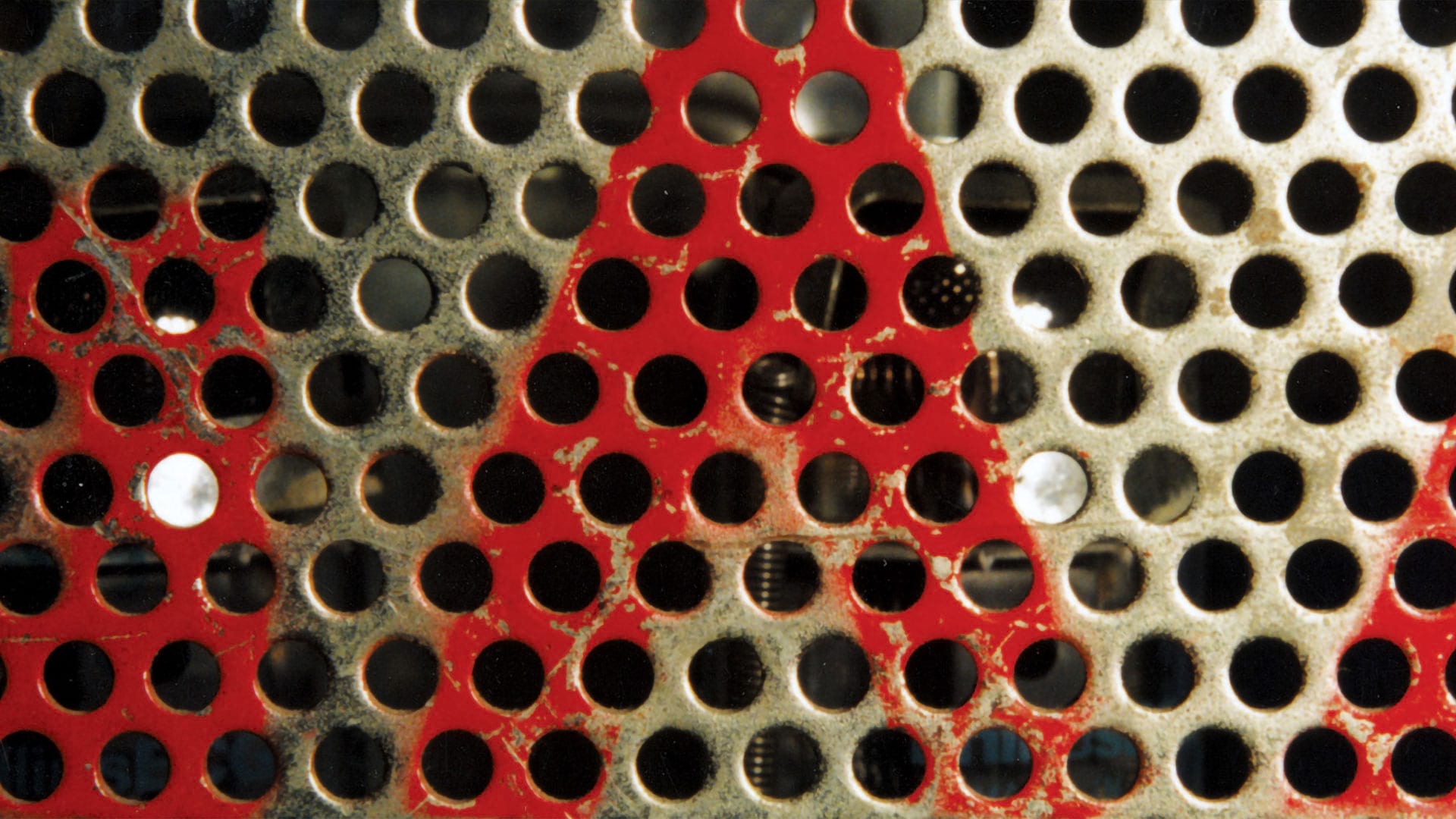The last record, compared to the others, was not rife with tension. We didnt have bad vibes in the studio. We didnt succumb to the pressure. We take our shit seriously and we will work really, really hard. We worked for a year on that record in one shape or another. It took us two weeks to record, but it took us easily a year doing like basement demos (we have an 8-track), and just fucking around with ideas and rewriting. Some of those songs have been rewritten like 100 times before they made it to the fucking record. So it was really satisfying to come out of the studio thinking, "Man, this actually sounds pretty decent."
Ian MacKaye / Fugazi interview, 1996
FUGAZI released their fourth album, Red Medicine, on this day in 1995 through Dischord.
I guess things like the very first thing you hear on the record is probably five years old, and it's from just a tape box, you know, a portable tape deck that just had a really great condenser mic to it that made that particular room and the volume we were at sound, you know, totally fucked up, which sounded great to us. And actually I think the tape we have is a copy of the original tape that someone made. One person made for the other to take home to listen to and then the original was never found or something, but ... stuff like that was always... well, I guess it was never really quite like that, but tapes of practice have always been made or whatever, but nothing was ever thought about being used. And that thing just sounded, you know, it couldn't be done again with better equipment. It couldn't sound like that, so we always wanted to put that on something or joked about it, putting it on a record just like it was.
Joe Lally / Fugazi interview, 1995
The covers shows an amp close-up with Fugazi painted across the grill on top and a photo of the band in Hawaii on the bottom.
For me, I feel all of the records differently. I don't spend a lot of time listening to them. But I definitely think from Red Medicine on, we took a turn because we felt a lot more confident about producing the records ourselves. That for us was a big shift, because before that I think we felt intimidated in the studio because it was one of the few things where we weren't in control of how everything worked. Because we didn't know. And I think that the process of building up the knowledge, from Red Medicine on, we felt that we could produce the records ourselves. We know how the machines work and we're able to take control. I think that's been the shift, for sure.
Guy Picciotto / Fugazi interview, Morphizm, 2002
So, we started to record ourselves on 8-track there, and that had a lot of bits and pieces that don't get used as songs or whatever. It just sort of came about that there were these pieces that we thought could also be included, as they were, because we did a rough mix of them before we went home, and got playful with the rough mix and just did whatever. Like "Version", you know, is slowed down. It's "Long Distance Runner" or what became "Long Distance Runner" and it was just slowed. The whole tape was slowed down, and Ian was just fucking around mixing it, and decided to slow it down and it sounded really cool. And then there are other mixes of that, that sound totally insane that sound, you know, totally insane with like sounds like bombs dropping or whatever. But, it somehow just kind of came together, and it was like, it would be really neat to spice up what is already there with some bits and pieces.
Joe Lally / Fugazi interview, 1995
The 1999 documentary Instrument includes footage from the Red Medicine recording sessions.
We continue to try to challenge ourselves, we continue to try to evolve. We're not interested in playing the same music over and over again. We have no problem with any of our songs whatsoever, we just want to continue to write and to challenge ourselves. When you're writing something, why re-write it? Write something new. So it's not pre-meditated, we have no graph or some chalkboard with a "plan of action" that tells us what to do. We just go into the basement and this is what we come up with.
Ian MacKaye / Fugazi interview, 1996

